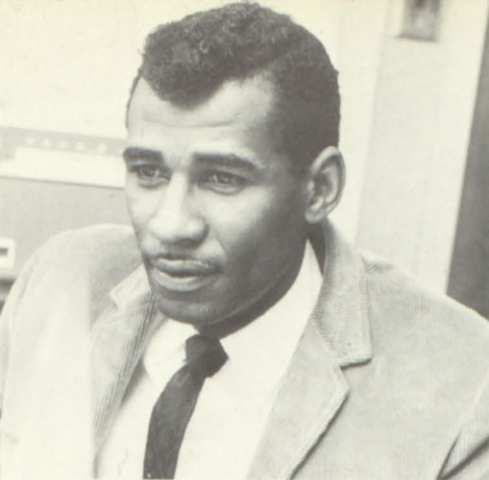Between January 2023 and December 2024, inpatient mental health claims increased by 80% in the US, while outpatient claims increased by 40%. This indexes a mental health crisis in our country of unprecedented scope. Here’s the context: Our national health status is worse than that of our peer countries, and it is declining in all age brackets. Our life expectancy is ranked lowest, as is our infant mortality rate (by a factor of two with respect to the average of our peers). This trend has been long underway. Back in 1991, the book titled “Betrayal of Health” was published that identified the usual culprits in our looming healthcare crisis: Personal behavior, nutrition-less food, toxics in the environment and in our agriculture, etc. A ‘biobehavioral’ remedy was urgently called for.
Continue reading “Can Endogenous Neuromodulation meet our society’s most critical needs?”


